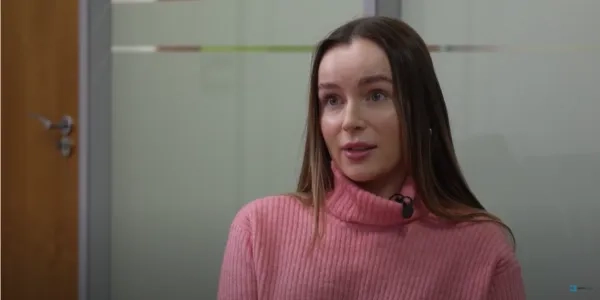Skills and competencies
Creating a CV and cover letter for graduate HR jobs
10 May 2024, 09:53
The first step to landing your dream graduate job in HR is creating a CV that showcases your skills and experience to potential employers. Your CV will be the first thing a recruiter or hiring manger sees, so it is key to making a good first impression and being invited to an interview. This article will guide you on how to layout the essential information in your graduate human resources CV.
.webp)
gradireland Editorial advice
This describes editorially independent and impartial content, which has been written and edited by the gradireland content team. Any external contributors featuring in the article are in line with our non-advertorial policy, by which we mean that we do not promote one organisation over another.

